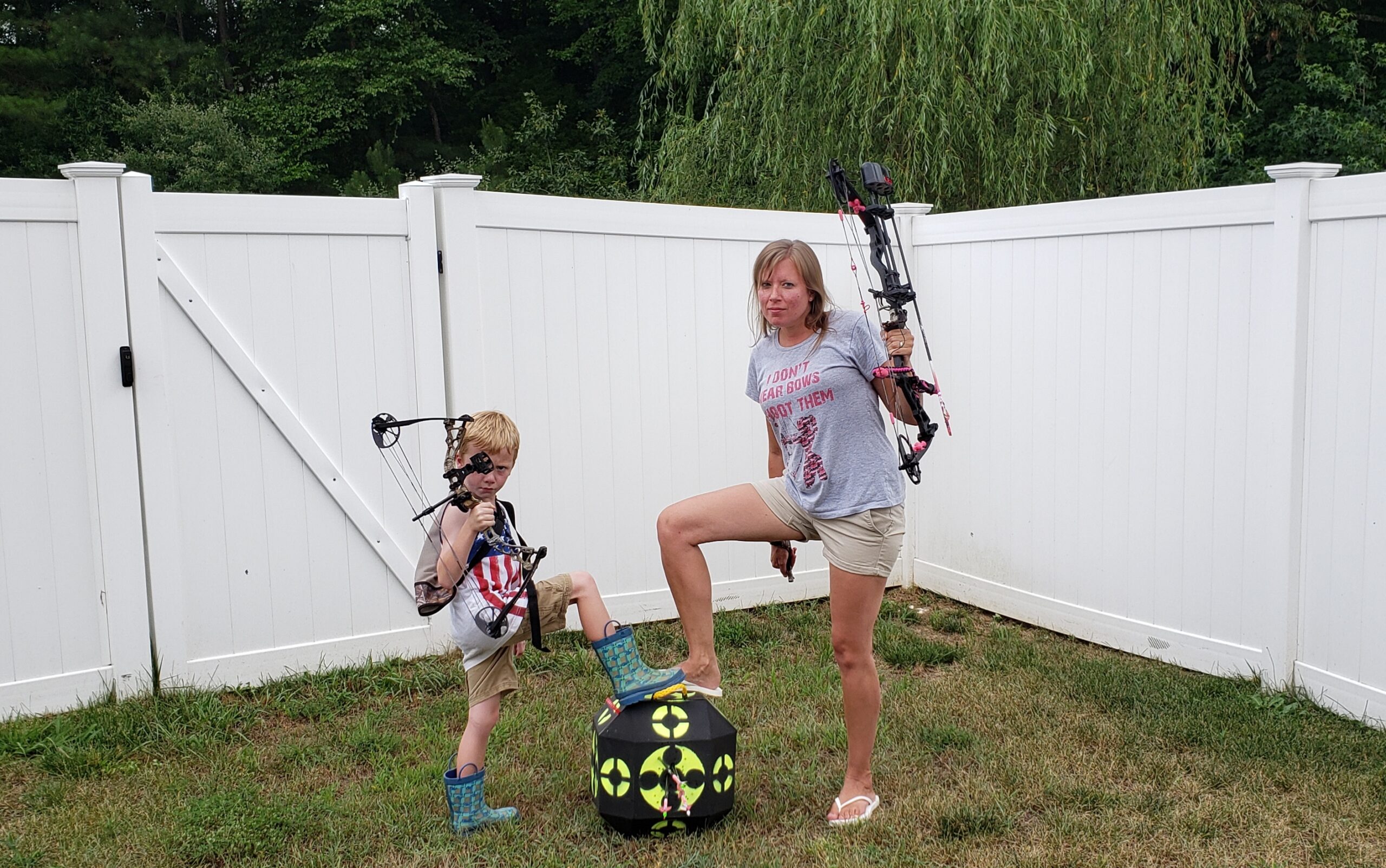Written By: Kerry Roberts
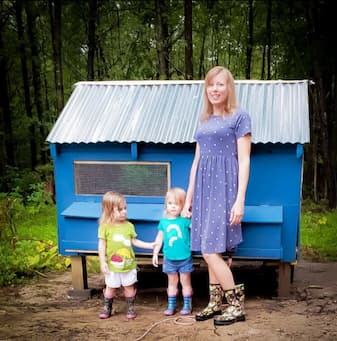
It’s official: I have become the crazy chicken lady. Even the neighbors know us as the chicken people, and the bus driver brings us empty egg cartons. With four kids and my affinity for baking, we go through a lot of eggs. When the pandemic boredom really set in, our oldest drew up plans for a chicken coop and the rest is history. If you’re entertaining the idea of keeping chickens; here are a few things to consider that we’ve learned along the way.
Getting Started…
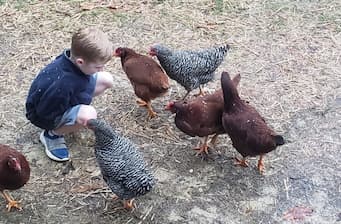
First and foremost, check your area’s zoning ordinances. Depending on how your land is zoned, you may not be able to keep chickens at all. Some cities restrict the number of chickens you can keep in a flock, while others don’t allow roosters. If you have an HOA, there may be additional restrictions in place. Lucky for us, we are zoned for agriculture, so we got chickens and ducks. I will keep this article specific to chickens, however; ducks are another ball game!
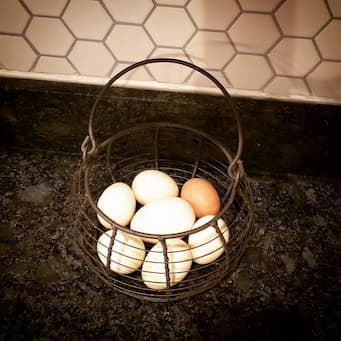
Next, decide what purpose your flock will serve. Chickens provide eggs, meat, baby chicks, and even pest control. Do some research and find out which breeds will meet your needs.
There is a surprising variety of chicken breeds out there. Some produce more eggs than others, while some breeds will lay eggs in beautiful colors. We opted for winter hardy, dual purpose breeds. We primarily need them for eggs and pest control. The tick population is outrageous where we live, even after treating the yard multiple times. Our flock happily forages in the woods, taking care of the pests we can’t get to. Kathy the chicken even eats the occasional bug off the side of the house for us. I have a feeling we will see a lot less ticks this spring thanks to their hard work!
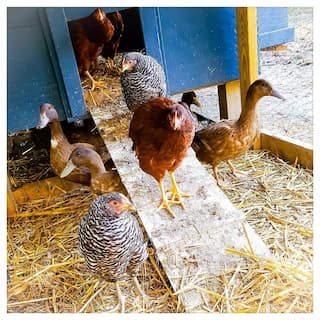
Coop
Now it’s time for some serious planning. Where will you put the coop? Will you attach a run to it? How many chickens will you have? Do you have existing pets that could injure the chickens? You might need a fence for your other pets if that is the case. What kind of predators are in your area? Do you plan to free range? Once you have that ironed out, it’s time to get the coop put together.
Whether you build it yourself or purchase one, you will need to make it predator proof. Predators can reach through holes in fencing, climb over it, fly into it, dig under it and some are smart enough to figure out simple latches. We extended the bottom of our fencing and buried it underground, added a roof to the chicken run to keep the hawks out, installed latches on the doors that are hopefully too complex for a coon to open, and elevated the coop off the ground to deter predators. We haven’t had any issues with predators in the coop yet (knock on wood)!
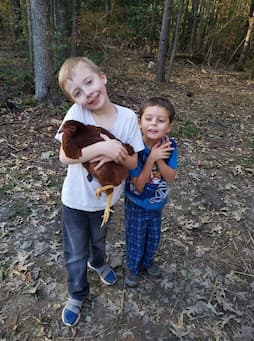
Getting Chickens
When your coop is ready and you’ve decided on a breed, I highly recommend ordering directly from a hatchery. The Tractor Supply website has that option online, and it’s super easy. This allows you to select specific breeds, as well as the sex.
This is perfect if you live in a no-rooster-zone or only want eggs; you can simply order hens only. You don’t have this option when buying chicks from the store. The website allows you to buy a variety of chicken breeds, and even ducks and turkeys. You will receive your order by mail, but you will need to pick them up at the post office as soon as they arrive. Warning: they will chirp all the way home and it’s adorable. It will feel like the longest drive ever because you just want to open the box and hold them!
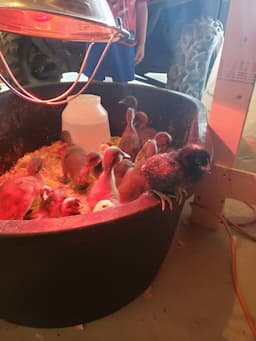
Brooder
When your sweet, fluffy chicks arrive, you will need a few things to keep them warm and happy. They will live in a brooder for several weeks before they can graduate to the coop. We used an oval shaped stock tank with pine shavings and kept it in the garage. You can also keep them in a basement or even a bathroom; anywhere that is safe from predators and the elements will do.
They will need access to food (chick starter feed) and water, as well as a heat lamp. Once fully feathered, they can move into the coop. Until then, handle them often so they are used to people. This is the easy part, because they are irresistibly cute!
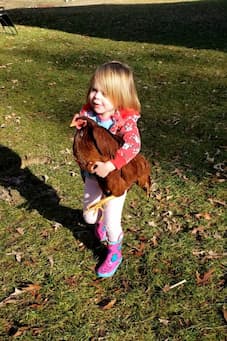
Raise the Chickens
Hopefully, this gives you a good idea of what you will need to get started raising chickens. I am so glad we went for it, especially now that we are getting our first farm fresh eggs! The rumors are true that they taste better, by the way!
Keeping chickens and ducks has been such a valuable and fun experience for the kids. They have been involved in the whole process and have learned so much. My youngest carries chickens around the yard and sings to them. The kids collect the eggs, help with the chicken chores and my oldest feeds them treats by hand. 2020 was a tough year, but the flock definitely made it better. Five out of five stars, highly recommend!

